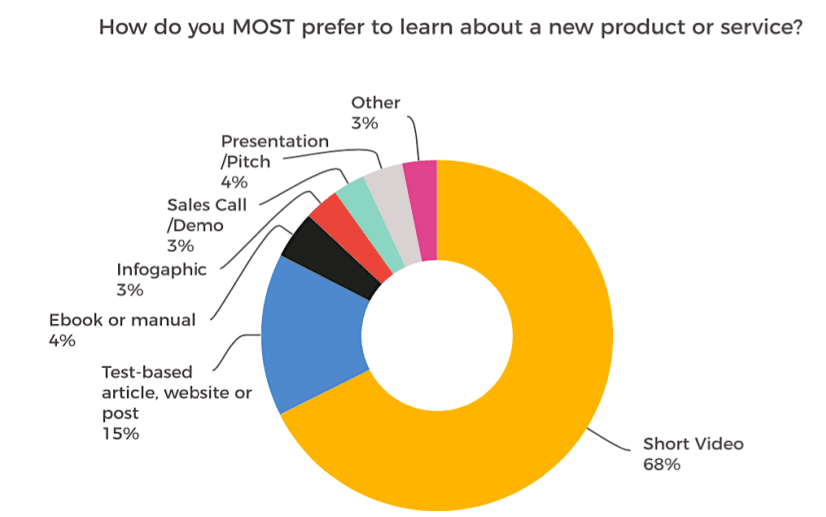Digital Advertising Is Taking Over From Traditional Advertising
In 2022 digital advertising spend increased four times faster than traditional adspend, fuelled by the increasing number of internet users. This is according to the WOW report on the advertising industry in South Africa.
What has changed in the advertising industry?
The industry has fundamentally changed since the 1960s when Stephen King of agency J Walter Thompson first conceptualised account planning to respond to the increasingly crowded marketplace. The structure and business models of the industry have seen unprecedented evolution as a result of new technology that has made it more accessible and affordable for advertisers to reach end users (targets) via new digital advertising channels.
What was also a reality in the field of content development in the 1960s was the cost and complexity of producing video content. Advertising agencies had to invest in sophisticated equipment and infrastructure to produce a fraction of what today can be produced in an ordinary office with just a phone, tripod stand and a microphone.
These developments, coupled with the increasingly crowded marketplace, have resulted in clients putting enormous pressure on agencies to contribute to increasing revenue and market share. Agencies are increasingly less measured on their ability to produce 30-second video content and more on what is best for the brand’s objectives and strategy. This creates tension between agencies and clients, with agencies demanding more detailed briefs in order be able to provide campaigns that deliver measurable outcomes.

How smartphones have changed the way we consume content
The increase in smartphone penetration and new tools and platforms in the hands of consumers are driving the appetite for video content as they engage with brands through their smartphones from anywhere in the world.
This has led to businesses becoming more aware of the need to create visually-captivating content that is entertaining and informative. The need for brands to provide valuable and informative content has taken on increased importance to establish trust and credibility with customers. Value and innovation have become the cornerstone strategy for building brands that last. Customers are more discerning and demanding in their expectations of what brands have to say and offer. In instances where they do not like content that is being pushed to them, they have the technology to block it through ad-blockers.
The role of artificial intelligence in the advertising industry
Artificial Intelligence has made it possible for brands to push personalised content, compelling advertisers to continually adapt their strategies based on the data they collect through engagements.
We have all experienced instances where we searched for a product online and then got flooded with adverts for similar products. This is useful for fast-moving consumer goods as they are repeat purchases, but for longer-term and big-ticket items, the challenge is to reach the consumer before the purchase decision is made. Big data-driven predictive behaviour patterns facilitated by AI, and lightning-fast responses to online queries to reach consumers ahead of decision time will provide a competitive advantage.
With evolving technology, agencies are now prioritising brand strategy over content production, adapting to the changing demands of a discerning audience. The advent of AI-driven personalisation is driving the move towards the digital advertising realm and challenges advertisers to engage consumers in meaningful ways, especially for high-value purchases, and foster lasting brand relationships.
Contact us to access WOW's quality research on African industries and business
Contact UsRelated Articles
BlogCountries Information and communicationSouth Africa
The AI Revolution in South Africa: Navigating the Unstoppable Tech Wave
Contents [hide] Tech trends in South Africa, like all over the world, are dominated by artificial intelligence (AI). As usual, initial reactions to new technology are often optimistic. The revolutionary...
BlogCountries Information and communicationSouth Africa
The Impact of streaming on music industry earnings in South Africa
Contents [hide] Historical evolution of the music industry From the revered gramophone, which was the first instrument capable of reproducing music and storing it on a flat disk, invented by...
BlogCountries Information and communicationSouth Africa
Telecommunications: a catalyst in African economic development
Contents [hide] The role of telecommunications in driving economic development Telecommunications serves as a backbone of modern economies and underpins various industries that are essential for economic activities, from financial...





